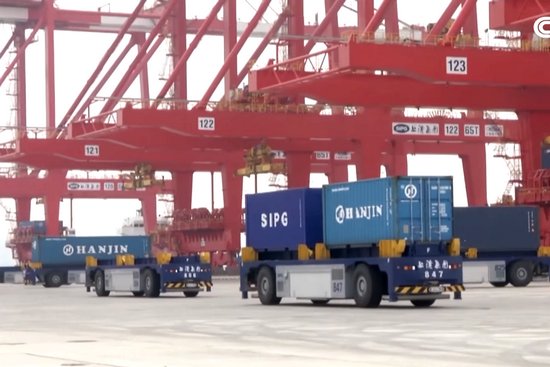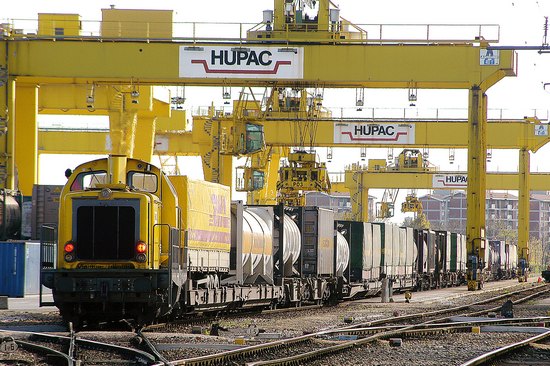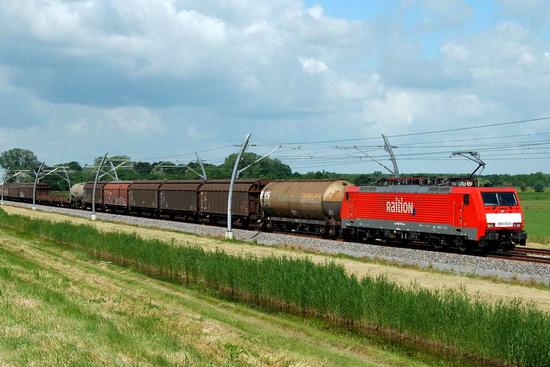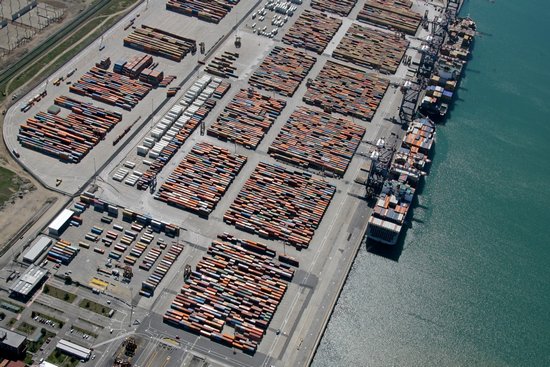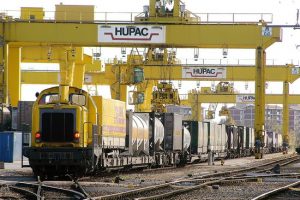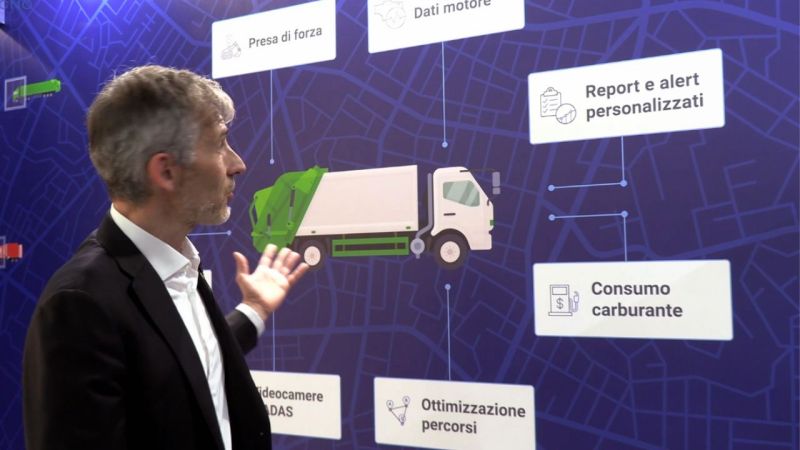The Italian government is initiating the logistics privatization process with Poste Italiane. During the September 17, 2024 session, the Council of Ministers approved a decree proposed by the Minister of Economy, which governs the sale of a portion of the ministry’s stake in the postal service company. According to a government statement, the state intends to retain a majority stake of over 50% in Poste Italiane, "either directly or through companies controlled directly or indirectly by the Ministry of Economy."
An article from Il Sole 24 Ore predicts that the privatization may involve a stake between 10% and 20% of Poste Italiane's capital, potentially generating revenues between €1.32 billion and €2.64 billion. Financial investors have responded positively, reflected in the company's rising stock price and improved credit rating. On the other hand, labor unions have voiced their opposition, fearing job cuts and the closure of local branches.
According to the labor union CGIL, the €20 billion the government expects to raise through privatizations—including Poste Italiane—represents only 0.71% of Italy's national debt, which stands at €2.8 trillion. The union argues that the state would also forgo dividends from a profitable company. In 2023, Poste Italiane paid €248 million in dividends to the government for its share.
Another area of potential privatization in logistics concerns the railways. While no formal decisions have been made, the government is considering selling a stake in Ferrovie dello Stato (Italian State Railways), while maintaining public control of the company. One approach could be an initial public offering, similar to the model previously adopted for Terna, the company managing the national electricity grid.
Unions have also opposed the partial privatization of the railways. UILtrasporti, one of the major unions, argued that "the Italian railway system is a crucial public service asset and should not be sold off." The union also rejected the "unacceptable notion that this decision could be made solely for short-term public finance benefits."
It's noteworthy that while Italy is considering privatizing its railways, another country that privatized its rail system long ago—on a much larger scale—is contemplating re-nationalization. In the UK, newly elected Labour Prime Minister Keir Starmer announced plans in July 2024 to bring the railways back into public ownership, aiming to complete the process within five years as private operator contracts expire.
The new public company, Great British Railways, is set to manage both rail infrastructure and passenger services. Starmer aims to create a unified and simplified rail system, ending the current fragmentation. He believes public ownership will enhance efficiency and reliability while reducing public spending by eliminating payments to private operators. The unions have welcomed this plan, while private rail companies have expressed concerns about the long-term costs of nationalization.
There has also been talk of privatizing Italy's ports, specifically the Port System Authorities (ASP), though in a more nuanced way compared to Poste Italiane and the railways. To do this, the ASPs would first need to be transformed from public law entities into private companies. This proposal has faced opposition not only from labor unions but also from some industry operators. Federagenti, a key industry group, has voiced concerns through its president Alessandro Santi, who argued that the country’s strategic infrastructure should remain under public control. Santi also raised concerns about potential conflicts of interest between a future central port holding company and private operators who already manage terminal concessions.


